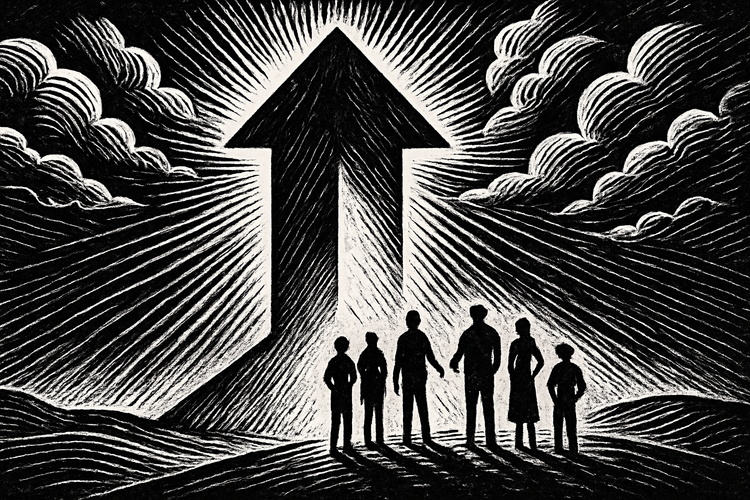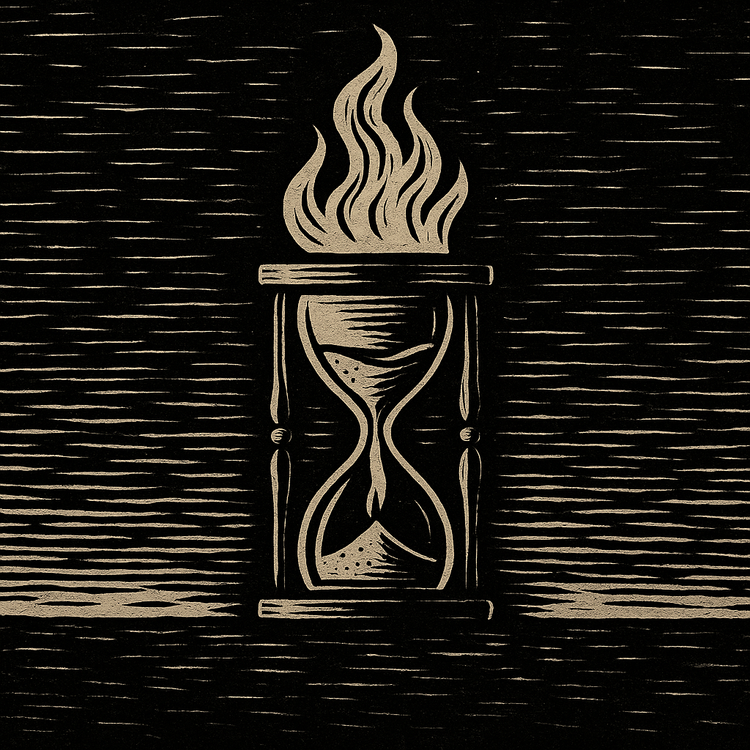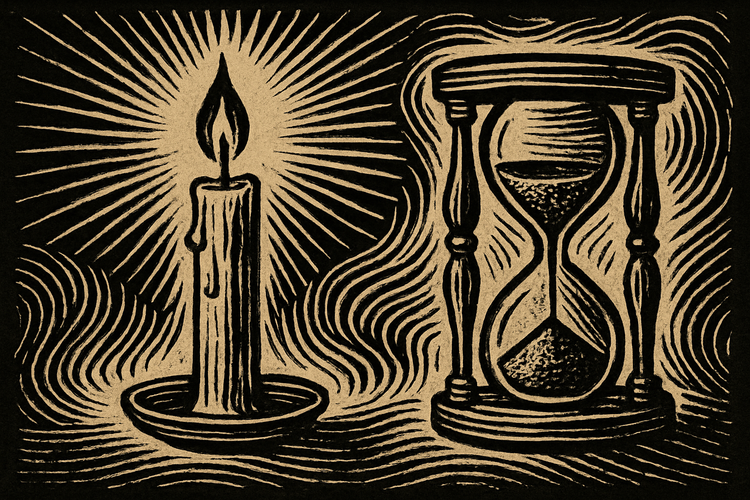The Good Place S4E8 "The Funeral to End All Funerals"

Spoiler Warning: This reflection contains full spoilers for The Good Place, including retrospective insights and thematic allusions. It assumes familiarity with the entire series and is written from the perspective of a rewatch.
Love and Support
When the neighborhood experiment finally ends, the results are messy but undeniable: people can change when they are given love and support. Three of the four test subjects improved, and even Brent—who had grown progressively worse throughout—managed a dramatic recovery at the very last moment. His turnaround proves that no one is beyond redemption. But alongside this proof of change comes another revelation—the afterlife itself is too broken to go on. With the Judge literally hunting for a reset button to wipe out humanity, the episode makes its theme plain: love makes personal growth possible, but justice requires redesigning the system that governs it.
No One Beyond Redemption
The tally of the experiment could have been read as a disappointment—three people better, one slightly worse. But the details matter. Brent, the single outlier, had been the picture of regression: arrogant, oblivious, and increasingly insufferable. And yet, at the very last second, he turned a corner. The recovery was dramatic enough to outweigh the slide, proof that change can come even from the most unlikely source. Paired with the growth shown by the others—and by the people the Soul Squad once helped on Earth—the outcome is clear. People improve when they’re given love, patience, and support. No one is beyond redemption.
A System on the Brink
Even as the humans prove capable of growth, the system meant to judge them collapses under its own weight. The Judge, faced with the messy results of the experiment, doesn’t seek reform but obliteration. Her frantic search for the hidden “human reset button” inside one of the Janets’ voids becomes a metaphor for the system’s brokenness: rather than nurturing the possibility of change, it prefers to erase the slate entirely. Though the Janets manage to shield the button and delay her plan, it’s only a temporary reprieve. The clock is still ticking.
That urgency points to the only real path forward. The afterlife itself must be redesigned from the ground up. Even when people prove they can improve, the system that measures them is too rigid, too punitive, to allow real justice. The task can’t be another patch or loophole; it must be a new foundation. And that responsibility falls to Chidi. To prepare him, the group makes a momentous choice: his memories must be restored in full. Only by reclaiming the entirety of his experience—the burdens, the lessons, and the love—can he lead the way in building a system that offers every soul a genuine chance to get better.
Redemption and Redesign
The Funeral to End All Funerals ties the show’s central arguments into one knot. On the personal level, the experiment proves that no one is beyond redemption—even Brent, who fell further than anyone, managed to turn back at the last moment when given care and support. On the structural level, the Judge’s hunt for a reset button shows that the afterlife is too broken to continue as it is. Love can nurture growth, but justice demands a new design. By placing that task in Chidi’s hands, the story unites both truths: progress is possible, but only if both people and systems are willing to change.



Comments ()